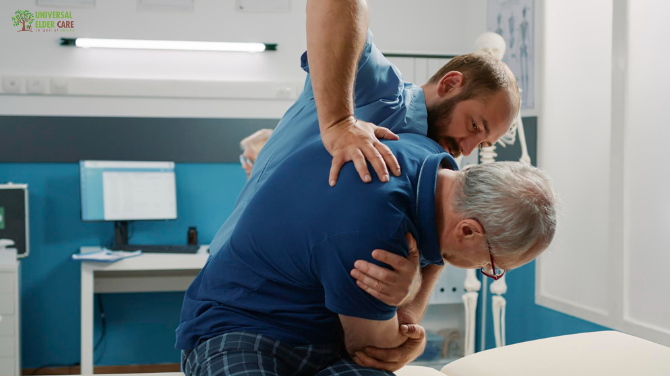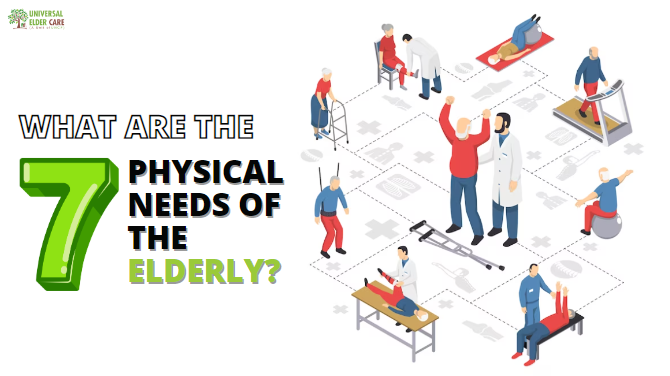How to Manage Elderly Back Pain

As we age, we become more susceptible to back pain due to the wear and tear of our spine and surrounding muscles. For seniors, managing back pain can be challenging, as it can limit their mobility and affect their quality of life.
Here are some tips on how to manage elderly back pain
-
Exercise regularly - Engaging in gentle exercises such as walking, swimming, or yoga can help alleviate back pain by strengthening the muscles that support the spine. Exercise also helps maintain flexibility and range of motion in the joints, which can help reduce stiffness and discomfort.
-
Maintain good posture - Seniors should try to sit and stand up straight to help reduce pressure on the spine. A comfortable chair with good back support can also help maintain good posture.
-
Use heat or cold therapy - Applying a warm or cold compress to the affected area can help reduce inflammation and alleviate pain. A warm bath or shower can also help soothe sore muscles and provide relief.
-
Get enough rest - Getting enough sleep and rest is essential for seniors with back pain. It is recommended to sleep on a firm mattress and avoid sleeping on the stomach, which can strain the neck and back.
-
Manage stress - Stress can contribute to back pain, so it is important for seniors to manage stress levels. Relaxation techniques such as meditation, deep breathing, and yoga can help reduce stress and tension.
-
Consider physical therapy - Seniors with severe or chronic back pain may benefit from physical therapy. A trained physical therapist can design a customized exercise plan that targets the specific areas of pain and helps improve mobility.
-
Take pain medication as prescribed - Seniors with back pain may need to take pain medication to manage their symptoms. It is important to take medication as prescribed and to talk to a healthcare provider about any potential side effects or interactions with other medications.
Managing back pain in seniors requires a multi-faceted approach that includes exercise, good posture, heat or cold therapy, rest, stress management, and potentially physical therapy and medication. Seniors should work with their healthcare provider to develop a personalized plan to manage their back pain and improve their quality of life.




